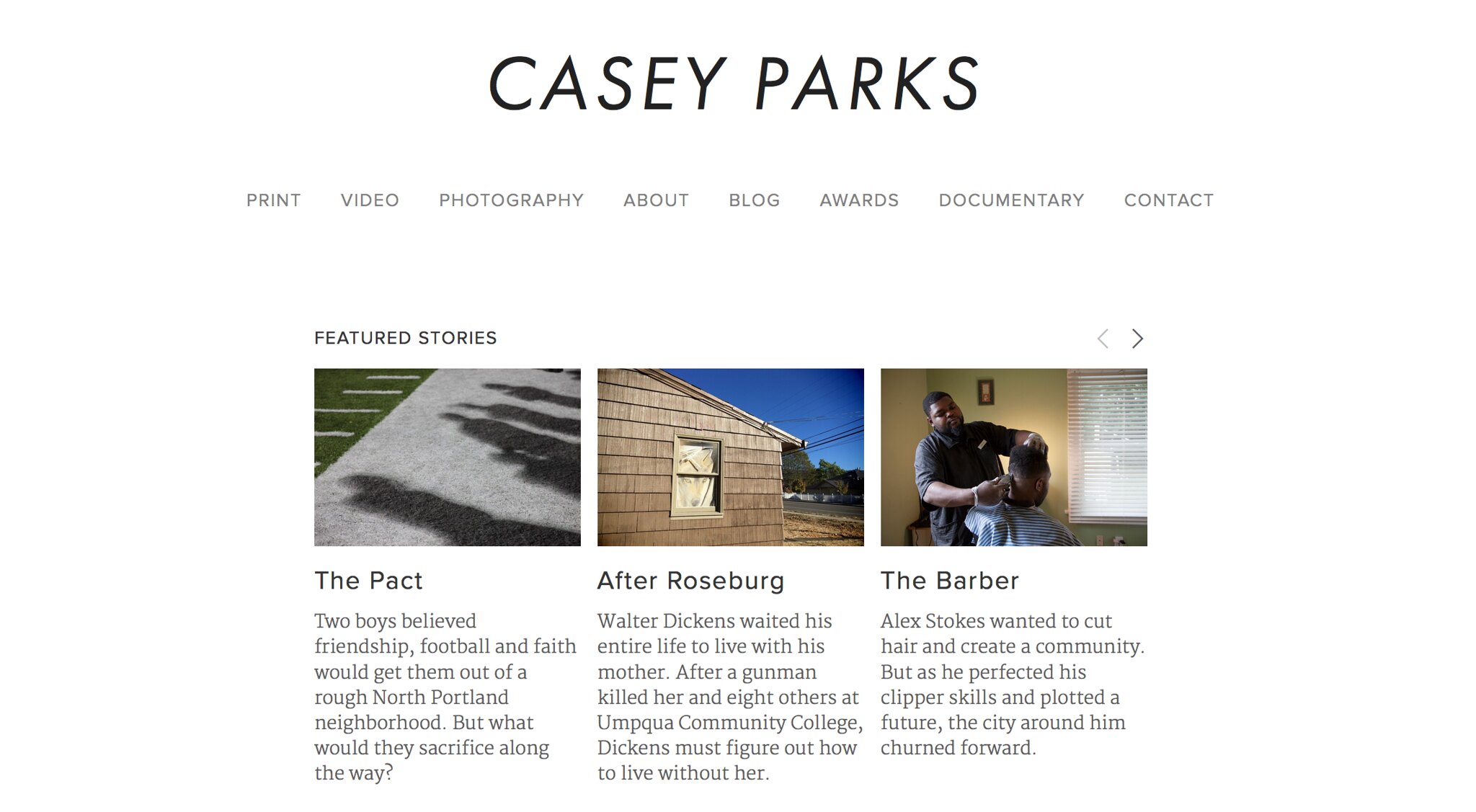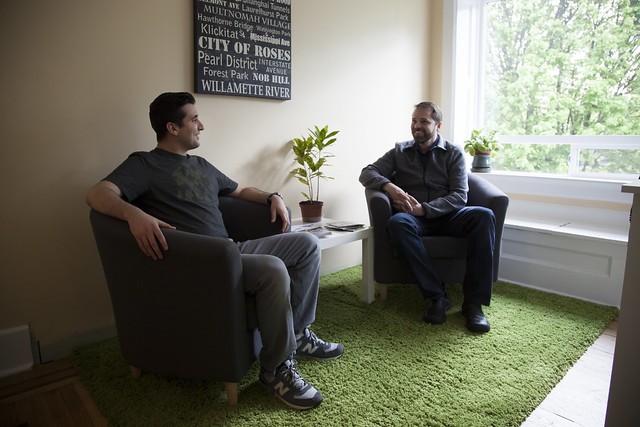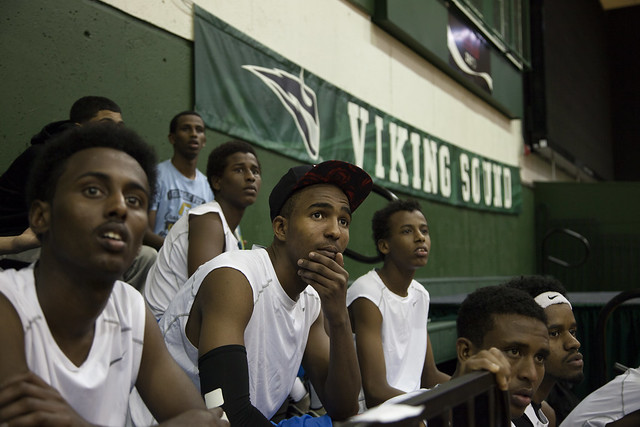
She started at Taco Bell, her hands shaking every time an order came in. In El Salvador, her mother had taught her to use the hands to shape masa into little discs called pupusas. In the United States, the hands had to work quickly, stuffing hard tacos with meat and lettuce, sticking those tacos into bags then out windows -- all under a minute.
She worked at the fast food chain long enough to fix a rhythm. But the job never felt right. Her hands were meant for pupusas. Finally, she took a shot and opened a food cart. The trucks were supposed to be the great equalizer, merging an immigrant's dreams with a hipster's appetite. But she didn't know how to run a business. It closed after six months.
Now, Maria Lizama is trying again. This time, the 48-year-old has an entire community behind her. This time, she has gone through business classes and run drills with her employees. The pupusas -- 2 for 1 on opening day -- will come out fast and hot.
As opening day nears, Lizama worries if her hands will shake again. Or will they remember what her mother taught them?
Read Lizama's story on Oregonlive.




